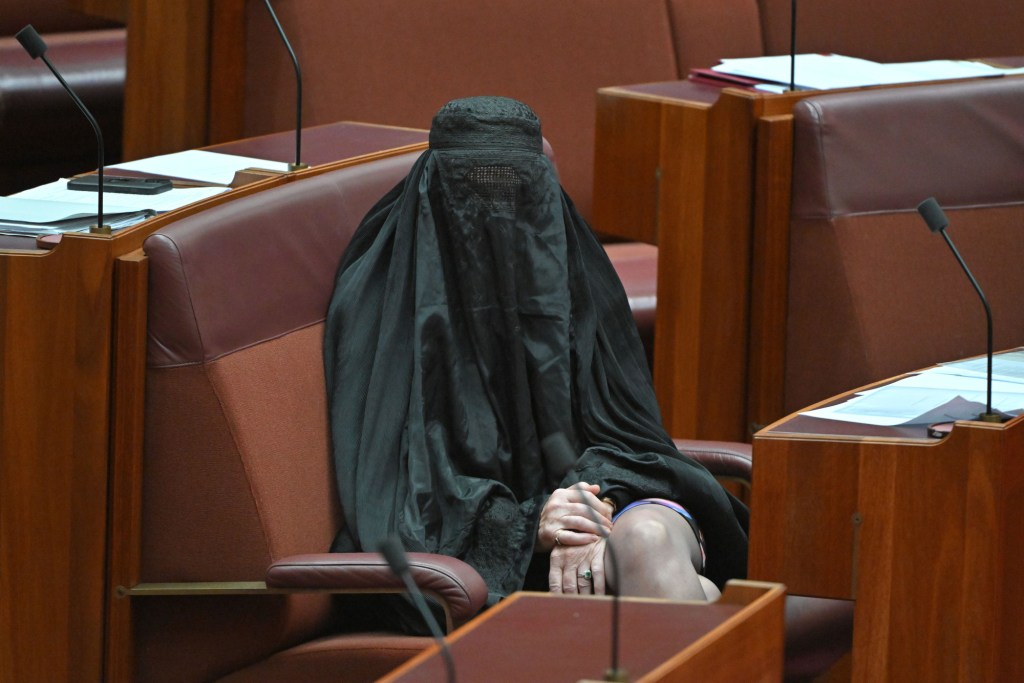The horror of organised child sexual abuse and pimping – euphemistically called ‘grooming gangs’ – is back in the news. But unfortunately the victims remain ignored.
These young girls endured horrific abuse, sadistic torture (including gang rape), enforced pregnancies, enforced abortions, sexually transmitted infections and even murder. But the reason that victims’ and survivors’ voices are missing from any discussions about the scandal is that they have effectively been silenced by the local enquiries into the atrocity, as well as the Independent Inquiry into Child Sexual Abuse (IICSA).
These survivors have lost faith in the police, social services, their friends, their schools and sometimes even their families. They can trust no one
The organised networks of pimping gangs were given very little coverage in the IICSA report. Because Rotherham and Telford were already considered hotspots for rape gangs and had been subject to previous investigations, they were excluded from the inquiry.
I am in contact with several of the girls who survived these gangs. They say they have never felt listened to by the authorities, aside from a handful of trusted campaigners and lawyers.
Sophie, a survivor of organised abuse in Oldham, was targeted and pimped out to much older men who paid to rape and abuse her. She says that the last few days have been very difficult because, after years of trying to get her voice heard, it seems that politicians and high-profile commentators are simply using her traumatic experiences for their own benefit, making it into an issue solely about race and religion. Last year, a police officer told Sophie that being trafficked as a child was not a crime.
These survivors, now well into adulthood, have lost faith in the police, social services, their friends, their schools and sometimes even their families. They can trust no one.
Social services largely failed these girls while they were being abused. Later on, they swept in and took away their children – many of whom were conceived by rape. Traumatised by everything they had endured, young mothers were unable to fight social services and retain custody. In some instances, women who were able to keep their children are now forced to allow the rapist who fathered their child to have visitation rights.
Were it not for the tenacity of former police officer and whistleblower Maggie Oliver and lawyer Harriet Wistrich and her colleagues from the Centre for Women’s Justice (CWJ), who represented a number of the victims, the IICSA inquiry would not have included any direct testimony and evidence from the victims of grooming gangs. Eventually, limited evidence was included but it was not enough.
The CWJ made detailed submissions to ensure that the voices of victims and survivors were heard, including those who are black and of minority ethnic origin whose experiences have been obliterated by a narrative that portrays ‘grooming gangs’ as exclusively Pakistani Muslim men abusing white girls.
As core participants in the inquiry, Oliver and Wistrich pushed to get the role of the Crown Prosecution Service (CPS) examined. This was necessary not only because the CPS catastrophically failed to prosecute a number of gang members, but also because of the way that the girls were criminalised for their behaviour.
Several of the perpetrators have since been released from prison, and some of the victims have told me they avoid certain areas where they live for fear of bumping into their abusers.
Amber, who I interviewed, had been abused from the age of 14 by the gangs and helped the police investigate gang members, but none of her abusers were charged. In fact, the CPS classed Amber as a pimp because she was forced to bring some of her friends to the takeaway where the ring leaders operated from. Because of this, Amber was threatened with the removal of her children by social services.
We need to see a wider acknowledgment of the scale of ‘grooming gangs’ beyond racial or cultural lines, because child sexual abuse has been going on for centuries and there will be plenty more victims until the police really address the issues. I want every single child who is sexually abused to get justice and every perpetrator to face consequences. Anything less will be a gross injustice.
Listen to Julie Bindel discuss more on The Edition podcast:








Comments